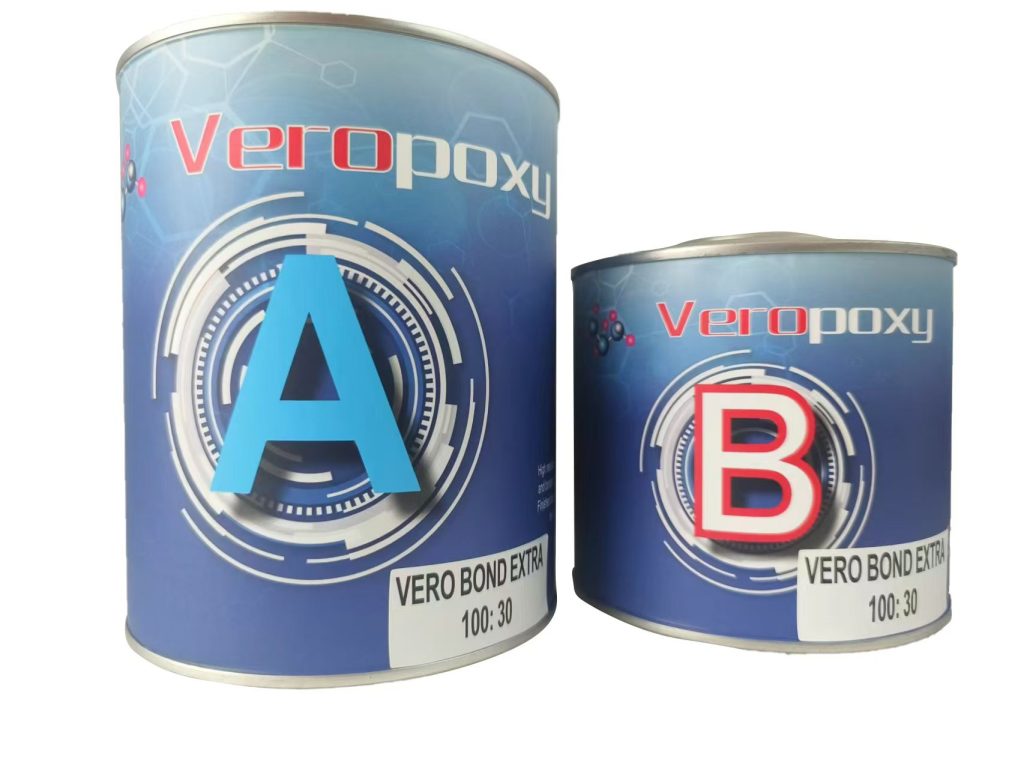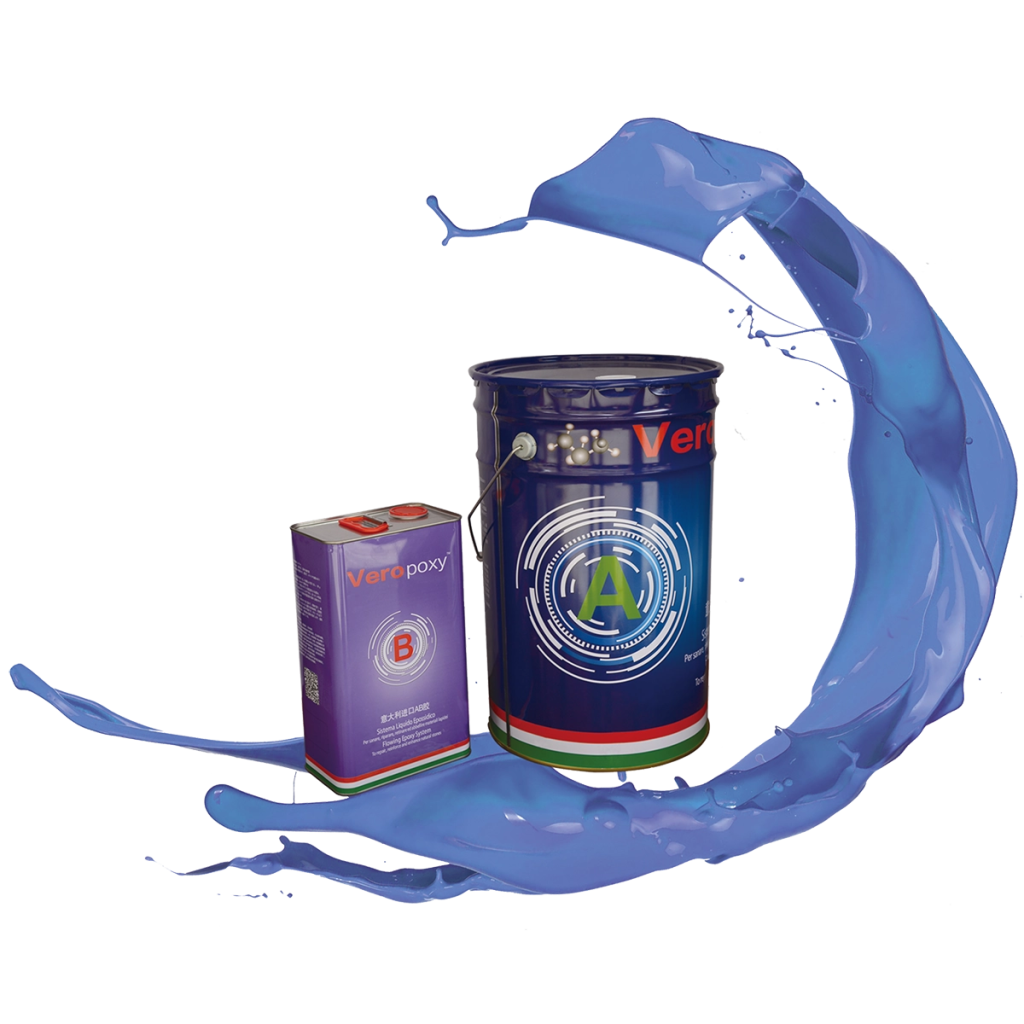Celebrated for their elegance, unusual veining, and classic appeal, marble counters are a popular choice in kitchens all around. Marble, however a natural stone, is also delicate. It is prone to staining, scratching, and, with heavy use, may lose its gloss over time. Now let me introduce epoxy resin—a substance sometimes praised as a fix for marble’s durability issues. Still, the issue is whether epoxy resin is safe for marble countertops in the kitchen, where daily reality consists in food preparation, heat, and continuous cleaning. To find if epoxy resin is really a safe and good choice for homeowners, let’s investigate the advantages and drawbacks of applying it on marble kitchen counters.

epoxy resins
Understanding Epoxy Resin’s Role on Marble Countertops
Strong, synthetic compound with adhesive qualities, epoxy resin is epoxy resin is a versatile, synthetic compound. Applied to marble countertops, it results in a glossy, hard surface that shields the stone under from general wear and tear, stains, and scratches. Usually used to seal marble, epoxy resin fills in the natural pores of the stone so producing a smoother, impermeable surface. The countertop that results is appealing for the kitchen since it is more resistant to moisture, stains, and some kinds of impact.
Epoxy resin, though, goes beyond mere longevity. Those who wish to improve the look of their kitchen counters often choose marble since its glossy finish accentuates its inherent beauty. Though perfect as this answer seems, there are also some pragmatic issues to take into account.
The Safety of Epoxy Resin on Kitchen Marble: Key Considerations
Food Safety and Health Factors
Many homeowners first wonder whether epoxy resin on marble counters is safe for food preparation. Usually marketed as food-safe once fully cured, high-quality epoxy resins do not release any toxic chemicals that might contaminate food. Usually taking several days to finish, the curing process guarantees the resin forms a stable, inert layer and hardens. Still, it’s important to select an epoxy resin especially marked as food-safe since some varieties might include compounds inappropriate for use in kitchens.
Heat Resistance and Kitchen Demands
Whether from hot pots, pans, or baking sheets, Marble counters in kitchens often suffer high temperatures. Although epoxy resin increases some durability, its heat resistance is less than that of untreated marble. Though exposure to high temperatures (usually above 300°F or 150°C) can cause discolouration, softening, or even cracking, epoxy resin can resist mild heat. Trivets or heat pads are ideal for keeping your epoxy-coated marble in good shape when setting hot objects on the countertop since the resin may not resist direct, strong heat.
Scratch Resistance and Wear
Because epoxy resin offers a tougher surface than untreated marble, it is more scratch and minor impact resistant. It isn’t totally scratch-proof, though. Damage to the resin coating can still come from sharp utensils, dropped heavy objects, or sliding abrasive items on the countertop. Over time, these scratches may become more apparent in the kitchen—where cutting, chopping, and heavy appliance movement are common. This is why it’s still advised to use cutting boards even with epoxy resin and steer clear of dragging objects across the countertop.
Ease of Cleaning and Stain Resistance
By building a non-porous layer on the surface, epoxy resin helps guard marble from stains. This increases the countertop’s water, oil, and acidity resistance—qualities that might otherwise allow untreated marble to be penetrated. Since most common kitchen spills are repelled by epoxy resin-coated counters, cleaning them is usually easier. Usually, keeping them clean just with a mild soap and water solution will be enough without running the danger of long-term staining.
Potential for Fumes During Application
Although cured epoxy resin is usually safe, in high concentrations the application process can produce fumes that could be unpleasant or even hazardous. These fumes vanish as the resin cures, but good ventilation both during application and curing is still crucial. In kitchens, where appropriate airflow is essential to preserving indoor air quality, this is particularly vital. Some homeowners decide on professional installation for safety since experts can control ventilation and apply the resin uniformly to prevent flaws or bubbles.
Environmental Impact and Sustainability Concerns
One further perspective to take into account is the effect epoxy resin has on marble’s surroundings. Since most epoxy resins are petroleum-based, their manufacture can aggravate environmental damage. Eco-aware homeowners also worry about the hardening agents in epoxy resins potentially spewing volatile organic compounds (VOCs) into the air. Low-VOC, or VOC-free epoxy choices are not cheap even though they are available. These elements are important for anyone who give environmental sustainability top priority before deciding on an epoxy resin finish.
Alternative Sealants for Marble Countertops
Marble in the kitchen can be kept not only with epoxy resin. Other sealants provide protection without a complete resin layer; examples of these are polyurethane coatings or penetrating sealers. These choices can be more environmentally friendly or heat-resistant even if their glossiness may not be the same. Investigating these substitutes might help to strike a compromise between durability and safety should food safety or heat resistance be a major issue.

Epoxy resin can be a valuable addition to marble countertops in the kitchen, adding a layer of durability and enhancing the natural beauty of the stone. Still, there are certain restrictions. Although epoxy resin for marble is usually food-safe once cured, it’s important to pick the correct product, be careful with heat exposure, and keep alert with daily maintenance to maintain the countertop in perfect condition. For those who are ready to pay for the maintenance of epoxy-coated marble, the advantages are rather significant since they provide protection as well as design.
Post time: 11 月-08-2024

